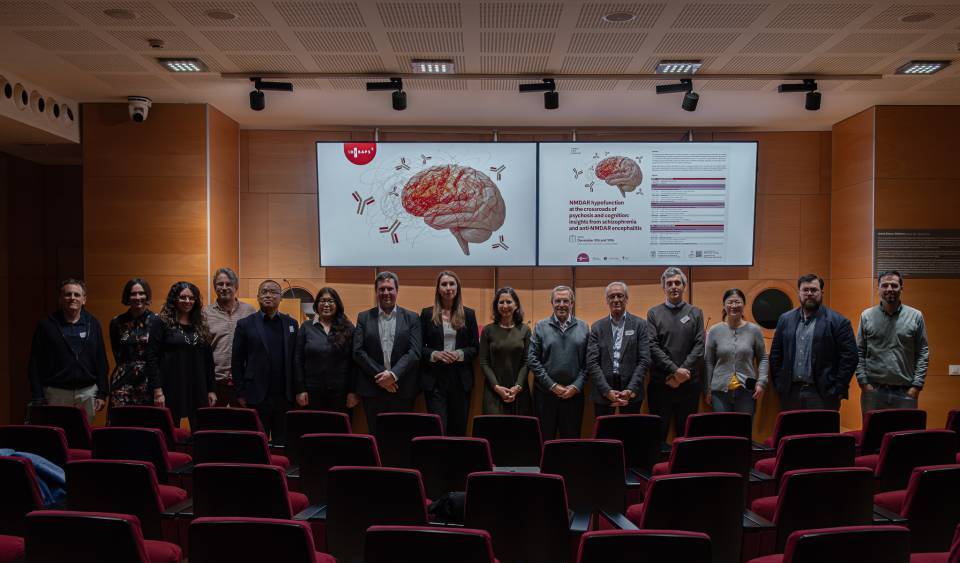Although in recent years there has been remarkable progress in several areas of clinical psychiatry and research, bipolar disorders continue to be one of the conditions whereby the more that is discovered – and much has been discovered – the more evident it becomes that there is still much left to discover.
Now, a Clínic-IDIBAPS team, led by Eduard Vieta, head of the Psychiatry and Psychology Service at Clínic Barcelona and the Bipolar and depressive disorders group at IDIBAPS, members of the University of Barcelona and the CIBER Mental Health area (CIBERSAM), has published a review of the most critical aspects of bipolar disorder in the journal The Lancet Regional Health Europe. This review provides a comprehensive update, examining clinical presentation, early diagnosis, pathogenesis, therapeutic strategies and future prospects to guide different practitioners in addressing these challenges.
Challenges for early diagnosis
Bipolar disorders are caused by complex genetic, neurobiological, and environmental factors, and are often accompanied by psychiatric and medical comorbidities, making diagnosis and treatment difficult. In addition, symptoms often coincide with unipolar depression, further complicating and delaying diagnosis.
In the review published this week, the authors highlight the importance of making an early diagnosis of the disorder in order to be able to tackle it more effectively.
To make an early diagnosis, it must be taken into account that, although onset episodes can appear at any age, almost half of cases (45%) begin at an early age, on average at 17 years old. It should also be borne in mind that prevalence has increased in recent years thanks to greater diagnostic awareness and the growing life expectancy of the population, and it is expected to continue to increase.
Likewise, the number of cases diagnosed varies greatly depending on the region or country. These disparities can be influenced by a number of factors beyond economic level, such as risk factors, cultural differences, stigma associated with the disorder, variations in access to mental health services, and the quality of the data reported.
Worldwide variability of treatment strategies hinders the effective management of bipolar disorder
Common pharmacological treatments typically include mood stabilisers, antipsychotics, and the selective use of antidepressants, and it is recommended these be complemented with psychosocial interventions such as cognitive-behavioural therapy and psychoeducation, which are vital for relapse prevention.
Despite recent advances, there is great variability around the world in the treatment strategies for bipolar disorder. According to the authors of this study, these differences are due to the variations existing between the different clinical guidelines, the discrepancies in drugs approval by the European (EMA) and American (FDA) agencies, inequalities in access to health services, and a lack of reliable biomarkers. All this prevents effective and equitable management of these disorders.
Meanwhile, the article supports the integration of precision psychiatry and artificial intelligence, as they could radically transform the management of these disorders in the near future, improving the effectiveness of treatments and adapting them to the specific needs of each patient.
"Bipolar disorders continue to be serious mental illnesses that, despite advances made in understanding their mechanisms and improving patient outcomes, still require priority attention. Thus, broader access to specialised health services is needed along with early detection and the implementation of evidence-based clinical practice ". Vincenzo Oliva, IDIBAPS predoctoral researcher and first-named author of the article.




